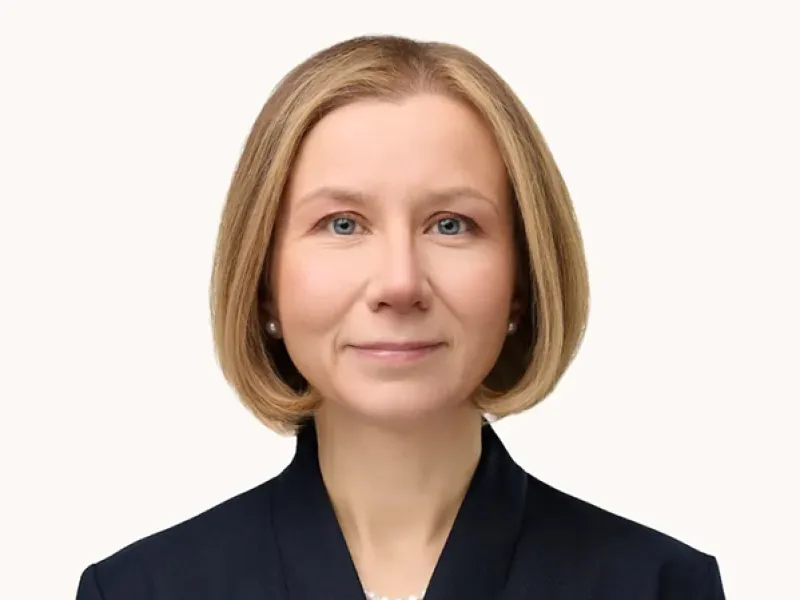
Commonfund OCIO Eyes Opportunities in Microcaps, EM
Julia Mord believes active managers and hedge funds are “poised to capitalize on broader volatility.”
James Comtois
July 30, 2025



